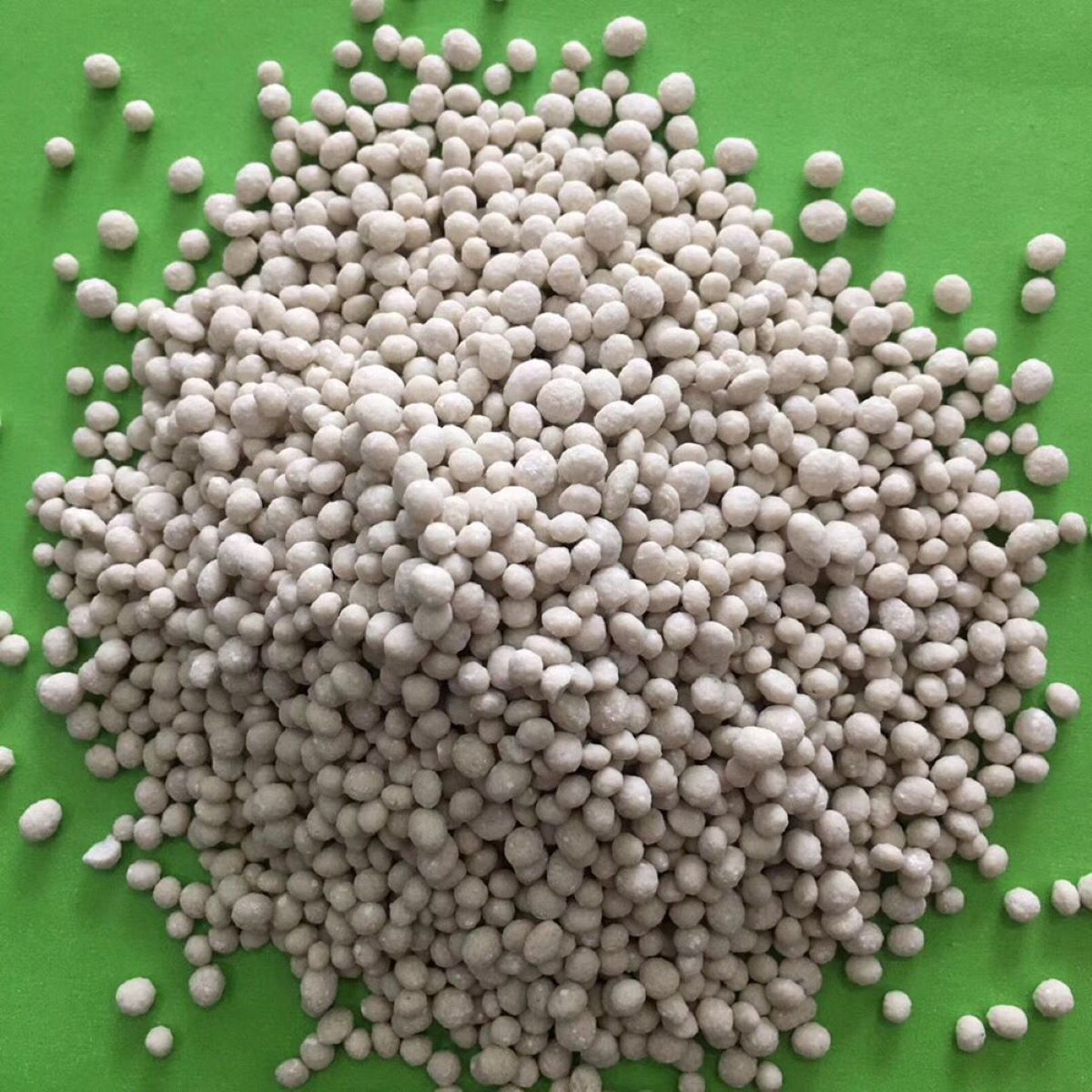

Articles
How To Store Granular Fertilizer
Modified: January 5, 2024
Discover effective methods for storing granular fertilizer in this comprehensive guide. Read articles and expert tips to ensure your fertilizer remains potent and usable.
(Many of the links in this article redirect to a specific reviewed product. Your purchase of these products through affiliate links helps to generate commission for Storables.com, at no extra cost. Learn more)
Introduction
When it comes to the successful cultivation of plants and crops, the proper application of fertilizer plays a critical role. Among the various types of fertilizers available, granular fertilizer is a popular choice due to its convenience and effectiveness. However, to maintain its quality and effectiveness, it is important to store granular fertilizer properly.
In this article, we will delve into the topic of storing granular fertilizer and explore the various factors to consider to ensure its longevity and efficacy. We will discuss the composition of granular fertilizer and its benefits, and then move on to the importance of proper storage and the factors that should be taken into account. We will also explore the different container options for storage and the ideal storage locations. Finally, we will provide some best practices for storing granular fertilizer to help you maintain its quality and effectiveness.
By understanding how to properly store granular fertilizer, you can ensure that it remains in optimal condition and retains its valuable nutrients for the growth and health of your plants.
Key Takeaways:
- Proper storage of granular fertilizer is crucial for maintaining its quality, effectiveness, and safety. Factors such as temperature, humidity, and container options play a vital role in ensuring the longevity of the fertilizer.
- Implementing best practices for storing granular fertilizer, including maintaining a clean storage area, handling with care, and monitoring regularly, is essential for creating a safe working environment and maximizing the benefits for plants and crops.
Read more: When To Water After Granular Fertilizer
Understanding Granular Fertilizer
Granular fertilizer is a type of fertilizer that is composed of small pellets or granules. These granules are typically made by combining various nutrients, such as nitrogen, phosphorus, and potassium, with a binding agent. The specific composition of granular fertilizer can vary depending on the specific needs of different plants and crops.
One of the main benefits of using granular fertilizer is its ease of application. The granules can be easily spread by hand or with the help of a mechanical spreader, allowing for efficient coverage of a large area. This makes it a popular choice for both homeowners and professional farmers.
In addition to being easy to apply, granular fertilizer offers several other advantages. Firstly, it provides a slow-release of nutrients, allowing for a steady and continuous supply to the plants over an extended period of time. This slow-release feature is particularly beneficial for long-term plant growth and development. Granular fertilizer also tends to have a longer shelf life compared to other forms of fertilizers, which means it can be stored for longer periods without losing its effectiveness.
Furthermore, granular fertilizer is less prone to leaching. When applied to the soil, the granules gradually break down and release the nutrients, reducing the risk of nutrient runoff or excess nutrient accumulation in the soil. This not only ensures efficient nutrient uptake by the plants but also minimizes the impact on the environment.
Another advantage of granular fertilizer is its versatility. It can be specifically formulated to cater to different plant types, growth stages, and soil conditions. This allows for targeted nutrient delivery, enabling plants to receive the precise combination of nutrients they require for optimal growth and development.
Overall, granular fertilizer is a reliable and effective option for enhancing plant health and promoting robust growth. With its ease of application, slow-release properties, and versatility, it has become a popular choice among gardeners, farmers, and landscapers alike.
Proper Storage of Granular Fertilizer
Proper storage of granular fertilizer is crucial to maintain its quality, effectiveness, and longevity. By ensuring that it is stored correctly, you can prevent degradation, nutrient loss, and potential safety hazards. Here are some key factors to consider when storing granular fertilizer:
Importance of Proper Storage
Proper storage of granular fertilizer is important for several reasons. Firstly, it helps preserve the nutrient content of the fertilizer, ensuring that it remains effective when applied to the soil. Improper storage can lead to nutrient degradation or loss, reducing the efficiency of the fertilizer. Secondly, proper storage prevents clumping or hardening of the granules, which makes it easier to handle and apply. Lastly, appropriate storage practices minimize the risk of accidents, spills, or contamination, ensuring a safe working environment.
Factors to Consider
Temperature
Granular fertilizer should be stored in a dry and cool environment. High temperatures can cause the fertilizer to break down and lose its efficacy. It is important to avoid storing it in areas where temperatures can exceed the recommended range, as this can lead to nutrient degradation.
Humidity
Excessive humidity can also affect the quality of granular fertilizer. Moisture can result in clumping or caking of the granules, making it difficult to spread evenly. It is recommended to store the fertilizer in a dry environment with low humidity to prevent moisture absorption.
Light Exposure
Exposure to sunlight or artificial light can accelerate the degradation of fertilizer nutrients, particularly nitrogen. It is advisable to store the fertilizer in a dark or opaque container to protect it from light exposure.
Moisture
Moisture can adversely affect granular fertilizer by causing clumping or caking. To prevent moisture absorption, it is essential to store the fertilizer in a dry area and avoid contact with water sources.
Contamination
To maintain the purity and efficacy of the fertilizer, it is crucial to store it away from potential contaminants. This includes chemicals, pesticides, and other substances that could interact with the fertilizer and compromise its quality.
Read also: 12 Amazing Granular Fertilizer for 2024
Container Options for Storage
There are several container options available for storing granular fertilizer:
Bags
Bags are a common and convenient option for storing granular fertilizer. They provide a manageable quantity for small-scale use and can be easily sealed to keep out moisture and contaminants.
Drums
Drums or barrels offer a larger storage capacity and are suitable for bulk quantity storage. They provide enhanced protection against external factors and are commonly used in agricultural settings.
Silos
Silos are large-scale storage structures typically used for commercial fertilizer storage. They are designed to hold large quantities of granular fertilizer and offer protection against moisture and temperature fluctuations.
Storage Location
Indoor Storage
Indoor storage is preferable for granular fertilizer, as it offers better control over temperature, humidity, and contamination. A dedicated storage room or facility can ensure optimal conditions and reduce the risk of environmental damage.
Outdoor Storage
If indoor storage is not feasible, outdoor storage can be considered. However, it is crucial to choose a well-drained area with protection from direct sunlight and moisture. Proper covering or waterproof containers should be used to protect the fertilizer from exposure to the elements.
By considering these factors and utilizing the appropriate storage containers and locations, you can ensure the longevity and effectiveness of granular fertilizer, maximizing its benefits for your plants.
Best Practices for Storing Granular Fertilizer
To ensure the optimal storage of granular fertilizer, there are several best practices to follow. By implementing these practices, you can maintain the quality and effectiveness of the fertilizer, reduce the risk of accidents or spills, and create a safe working environment. Here are some key best practices for storing granular fertilizer:
Clean and Dry Storage Area
It is important to store granular fertilizer in a clean and dry storage area. Ensure that the storage space is free from any debris, contaminants, or moisture that could compromise the quality of the fertilizer. Regularly clean the area to prevent the buildup of dust or dirt that can affect the granules.
Read more: How Soon Can I Mow After Granular Fertilizer
Handling and Transport
When handling and transporting granular fertilizer, proper care should be taken to prevent damage, spills, or accidental releases. Use appropriate lifting equipment and follow safe lifting practices to avoid injuries. Secure the containers or bags properly to prevent them from falling or spilling during transit.
Monitoring and Inspecting
Regular monitoring and inspection of the storage area and containers are essential to identify any issues or potential risks. Check for signs of moisture, temperature fluctuations, or contamination. Inspect the containers for any signs of damage or degradation that could compromise the integrity of the granular fertilizer.
Preventing Spills and Accidents
To prevent spills and accidents, it is important to handle the containers with caution. Avoid overfilling or stacking them haphazardly, as this can increase the risk of spills. Store the containers in a stable and secure manner to prevent them from toppling over or coming into contact with other hazardous materials.
Pest Control and Prevention
Pests can be a major concern when storing granular fertilizer. They can damage the packaging and contaminate the fertilizer, rendering it ineffective. Implement pest control measures such as regular cleaning, sealing cracks or openings in the storage area, and using appropriate pest control methods to prevent infestations.
Read also: 9 Best 10-10-10 Fertilizer Granular for 2024
Safety Precautions
When working with granular fertilizer, it is important to observe safety precautions to protect yourself and others. Wear appropriate personal protective equipment (PPE) such as gloves, goggles, and a mask to avoid direct contact with the fertilizer. Follow proper handling procedures and be aware of the potential hazards associated with the specific type of fertilizer being stored.
Shelf Life Considerations
Granular fertilizer typically has a shelf life, beyond which its effectiveness may diminish. It is important to monitor the expiration dates and use the oldest inventory first to ensure that you are using fertilizer at its peak effectiveness. Proper inventory management and rotation practices can help you avoid using outdated or ineffective fertilizer.
By following these best practices, you can ensure the proper storage of granular fertilizer, maintain its quality and effectiveness, and minimize the risk of accidents or contamination. This will ultimately contribute to the success of your fertilization program and help you achieve healthy and thriving plants.
Conclusion
Proper storage of granular fertilizer is essential to maintain its quality, efficacy, and longevity. By adhering to the best practices discussed in this article, you can ensure that your granular fertilizer remains in optimal condition, ready to provide the necessary nutrients for the growth and health of your plants.
From understanding the composition and benefits of granular fertilizer to considering factors such as temperature, humidity, light exposure, moisture, and contamination, every aspect plays a crucial role in ensuring proper storage. Choosing the right container, whether it be bags, drums, or silos, and selecting the appropriate storage location, whether indoors or outdoors, further contributes to maintaining the fertilizer’s integrity.
Implementing best practices for storing granular fertilizer, such as keeping the storage area clean and dry, handling and transporting it with care, monitoring and inspecting regularly, preventing spills and accidents, implementing pest control measures, observing safety precautions, and considering the shelf life of the fertilizer, all work together to ensure its effectiveness and longevity.
By taking these steps, you will prevent nutrient degradation, clumping, or caking of the granules, and minimize the risk of accidents, spills, or contamination. You will create a safe working environment and extend the shelf life of your granular fertilizer, maximizing its benefits for your plants and crops.
Remember, proper storage of granular fertilizer is a key aspect of successful plant cultivation. Whether you are a homeowner tending to a small garden or a professional farmer managing large-scale agricultural operations, implementing these best practices will help you achieve optimal results.
So, next time you store your granular fertilizer, ensure that you consider all the necessary factors, follow the best practices, and maintain the highest standards of storage. Your plants will thank you with healthy growth, vibrant colors, and bountiful harvests!
Frequently Asked Questions about How To Store Granular Fertilizer
Was this page helpful?
At Storables.com, we guarantee accurate and reliable information. Our content, validated by Expert Board Contributors, is crafted following stringent Editorial Policies. We're committed to providing you with well-researched, expert-backed insights for all your informational needs.
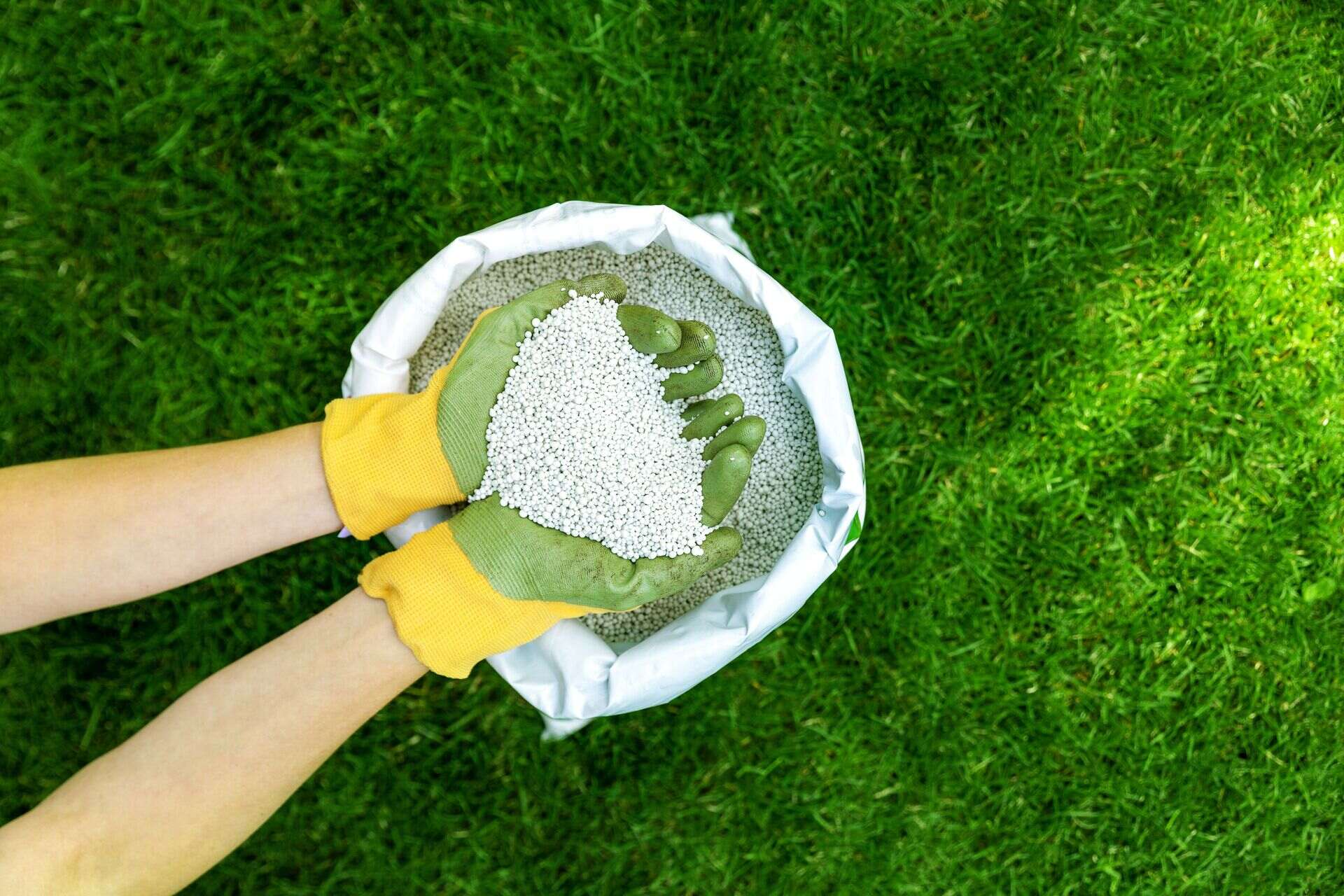
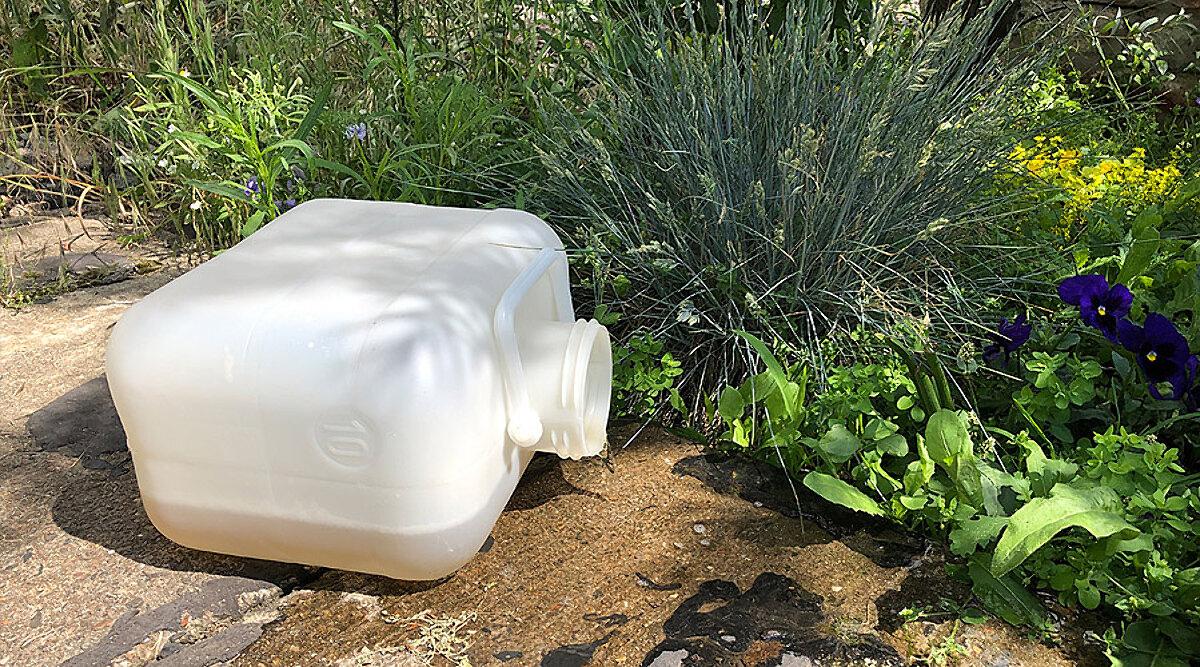
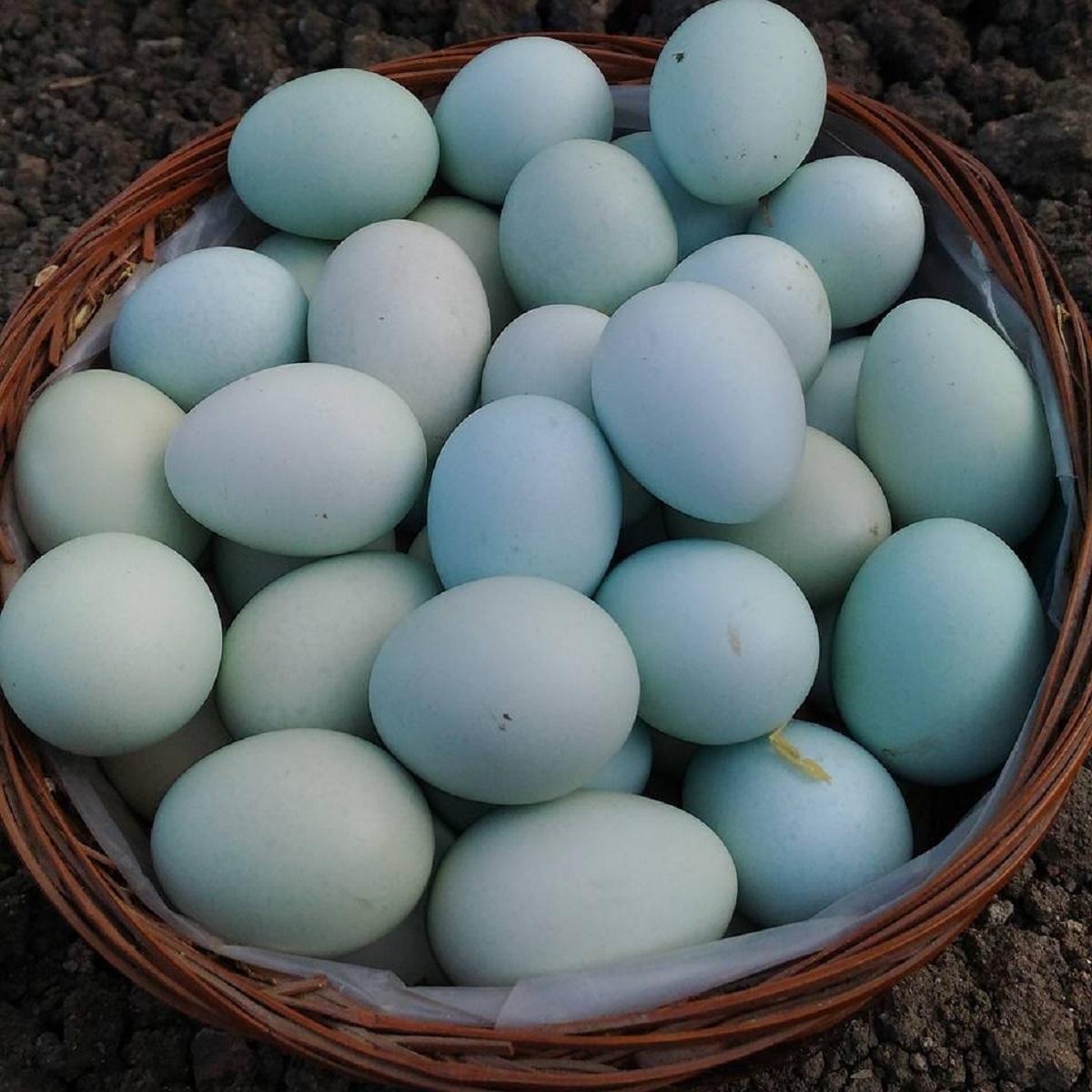

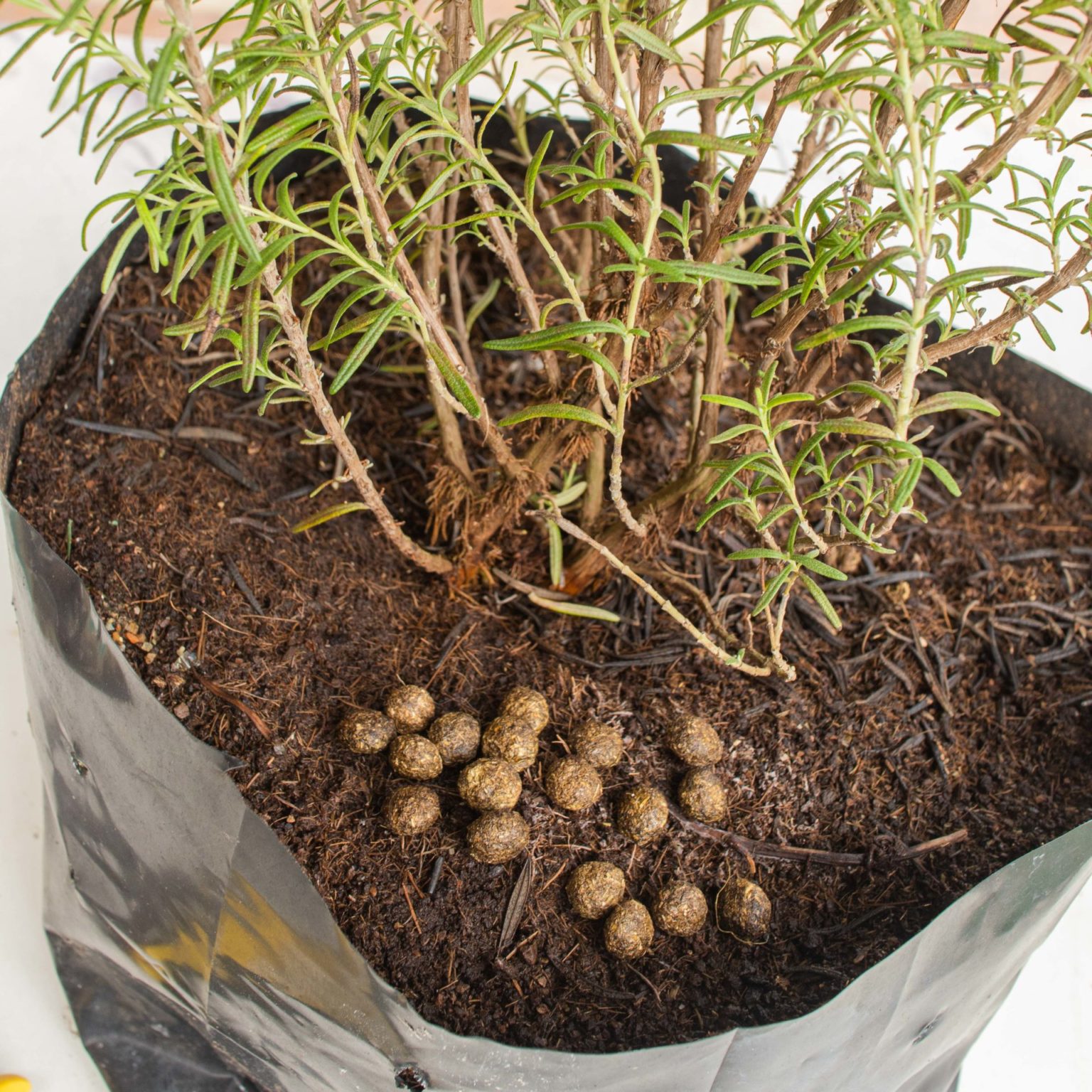
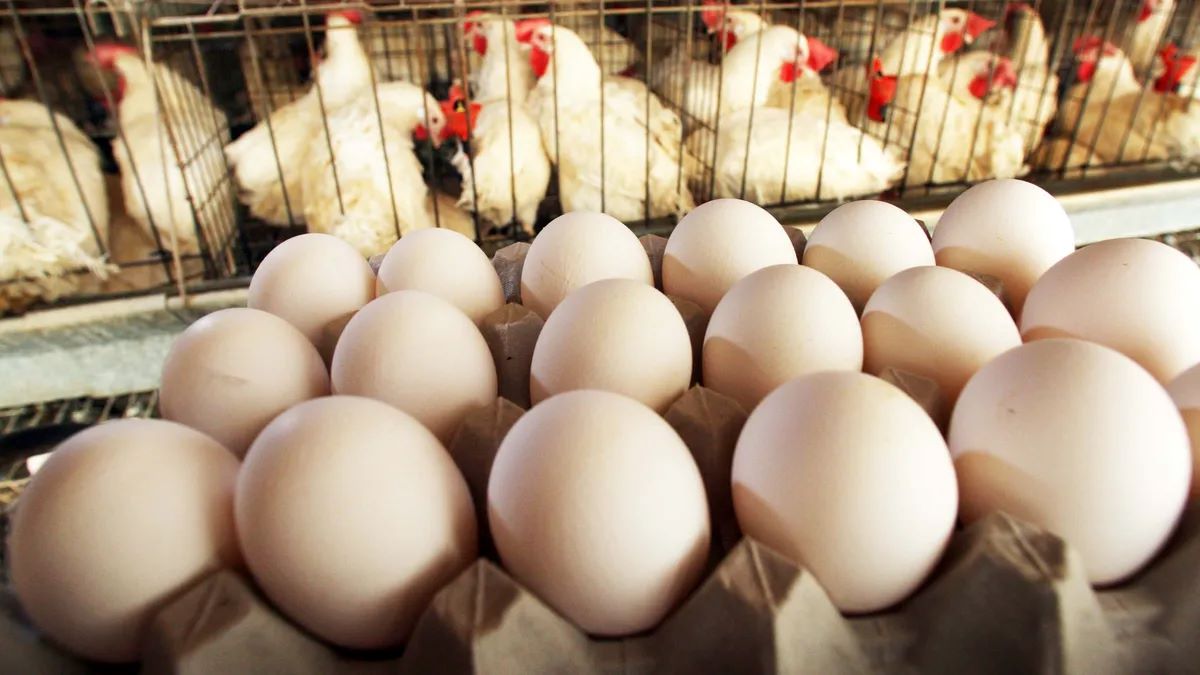




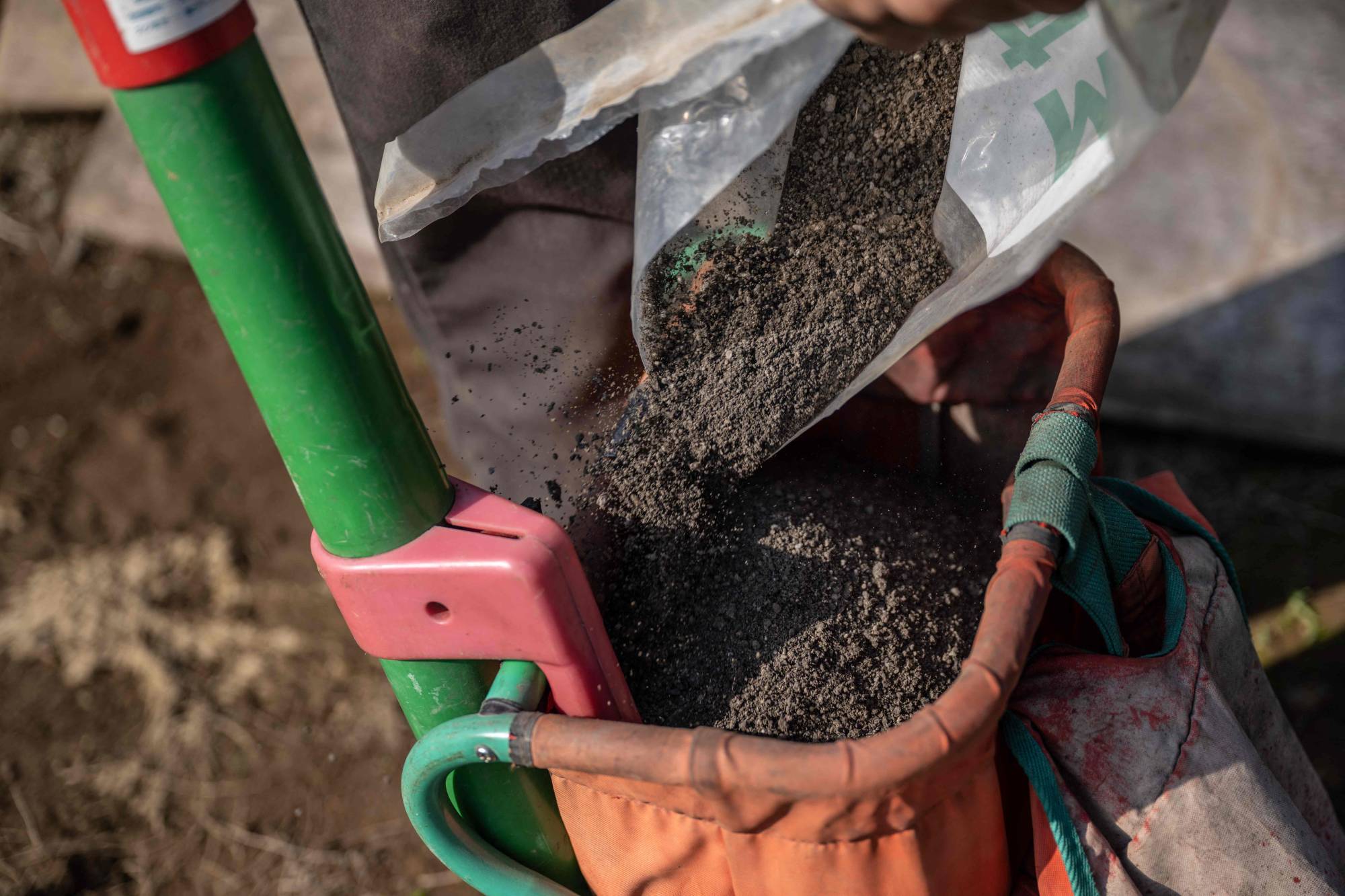
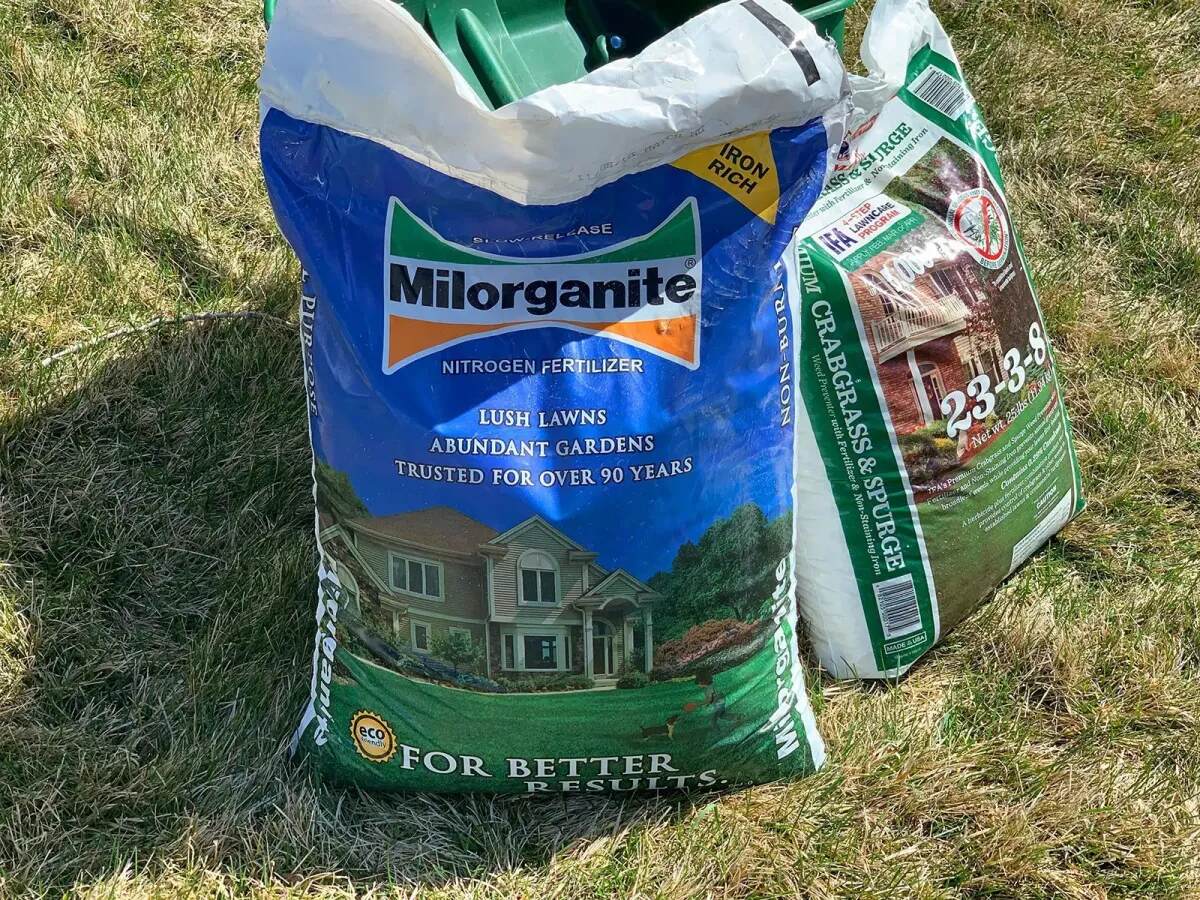

0 thoughts on “How To Store Granular Fertilizer”